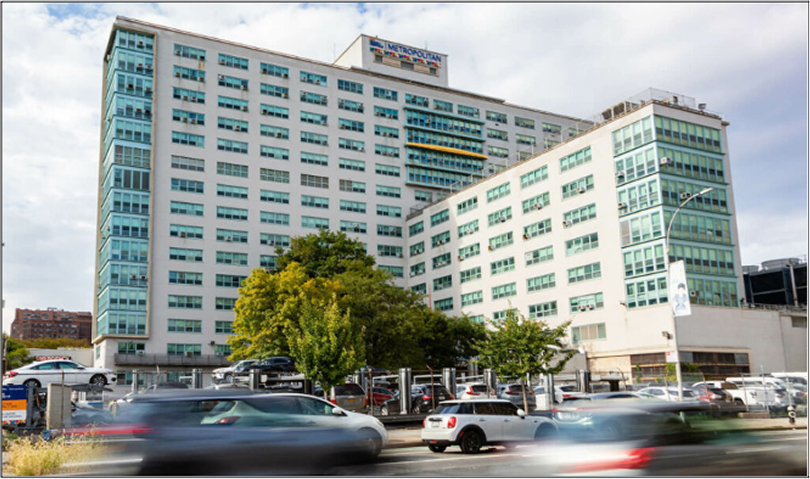NYC Health + Hospitals/Metropolitan – New York Medical College Pediatric Residency Program
The New York Medical College Pediatrics Residency at Metropolitan Hospital Center is more than its 50 years of history of teaching and discovery, more than the wisdom and passion of our faculty. Metropolitan Hospital Center is a place for you to become a skilled and knowledgeable clinician, a lifelong advocate for children in your community, and whose goal is to promote the health and well-being of the children of our region and around the world.
The residents are also trained in all fields of subspecialty pediatrics to enable them to participate as team members in the care of patients with chronic and complex disorders. Residents are given abundant opportunities to work with other members of the health care team in both inpatient and ambulatory settings to become competent as leaders in the organization of management of patient care.
Our Program is fully accredited by the Accreditation Council for Graduate Medical Education (ACGME) and our program strictly observes both New York State Code 405 regulations and the Resident Review Committee (RRC) regulations regarding resident work hours and supervision.
Metropolitan Hospital has been affiliated with New York Medical College since its founding in 1875, and its pediatric residency program has a distinguished history of over 50 years in teaching and discovery. The program is fully accredited by the Accreditation Council for Graduate Medical Education (ACGME).
Pediatric Services at Metropolitan
- Inpatient Unit
- Neonatal ICU
- Nursery
- Pediatric ER
- General Pediatric Clinic
- Specialty Clinics

The Metropolitan Pediatric Residency Mission
To educate physicians who will be prepared at the end of their training to become leaders in the field of pediatrics as healers, teachers, researchers and advocates.
We do this by stimulating and developing: excellence and responsibility in patient care, critical thinking and questioning, technical competence, sound medical judgment and professional integrity, and commitment to self-directed and lifelong learning.
Learning Opportunities
Educational Activities
- Daily protected time for an educational hour (8 am &/or 12pm)
- Lectures by faculty
- Didactics by resident (Resident as teacher, faculty supervised)
- Weekly Board Exam study session
- Weekly Grand Rounds
- Weekly Problem Rounds- presented by resident
- Monthly Journal Club
- Morbidity & Mortality Rounds
- Quality Improvement Presentations
Scholarly Activities
- Quality Improvement projects
- Carried out in teams
- Projects selected and developed by residents with faculty mentorship
- Resident as teacher (residents, medical students)
- Problem Rounds
- Research Project
Mentorship
- Each resident is assigned a faculty mentor
- Serves as a guide throughout the three years of training
- Helps create an individual learning plan that aligns with career goals
- Senior residents provide support
- Chief residents
- Inpatient seniors
- On call seniors
Teaching Opportunities
- Resident as Teacher workshop
- Hands – on teaching for junior residents and medical students
- Teaching during didactic sessions
Clinical Experiences
- Each year is divided into 13 blocks (4 weeks each)
- Vacation is 1 block per year
- Policies adherent to combined requirements per ACGME , ABP (American Board of Pediatrics) and Metropolitan Hospital
Feedback and Evaluation Practices
Feedback and Evaluation OF Residents
- Faculty provide informal feedback around clinical encounters
- Feedback and evaluations are provided at the end of all rotations
- Faculty
- 360◦ Evaluations: Peers, nurses, social workers, patients
- Periodic meetings with faculty mentor
- Bi-annual meetings with Program Director
Feedback and Evaluation BY Residents
- Anonymous evaluations assigned after each rotation
- Faculty
- Rotation
- End of the year surveys from ACGME and the program
- Feedback obtained during scheduled House staff meetings or through chief residents/APD/PD/PC